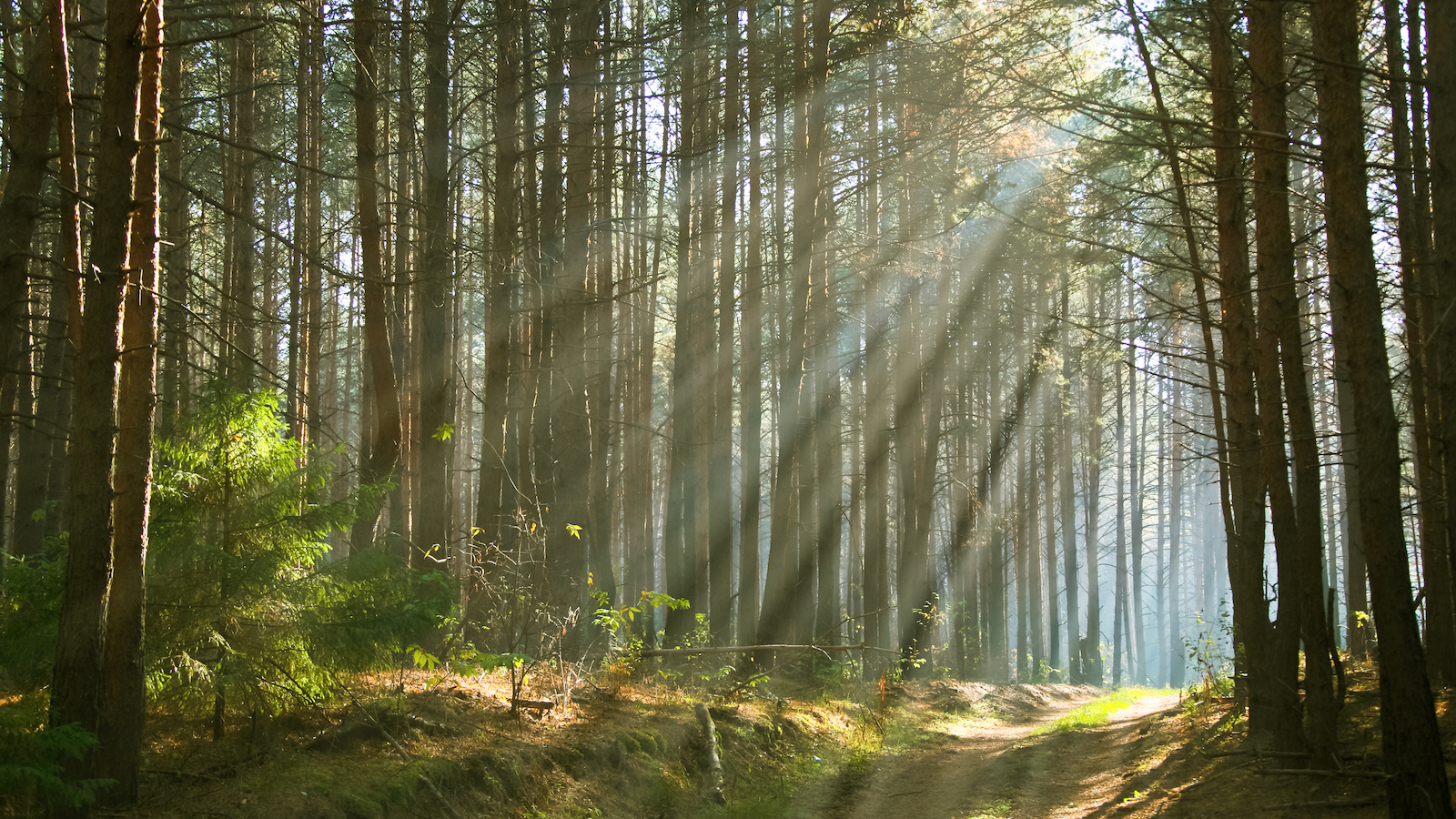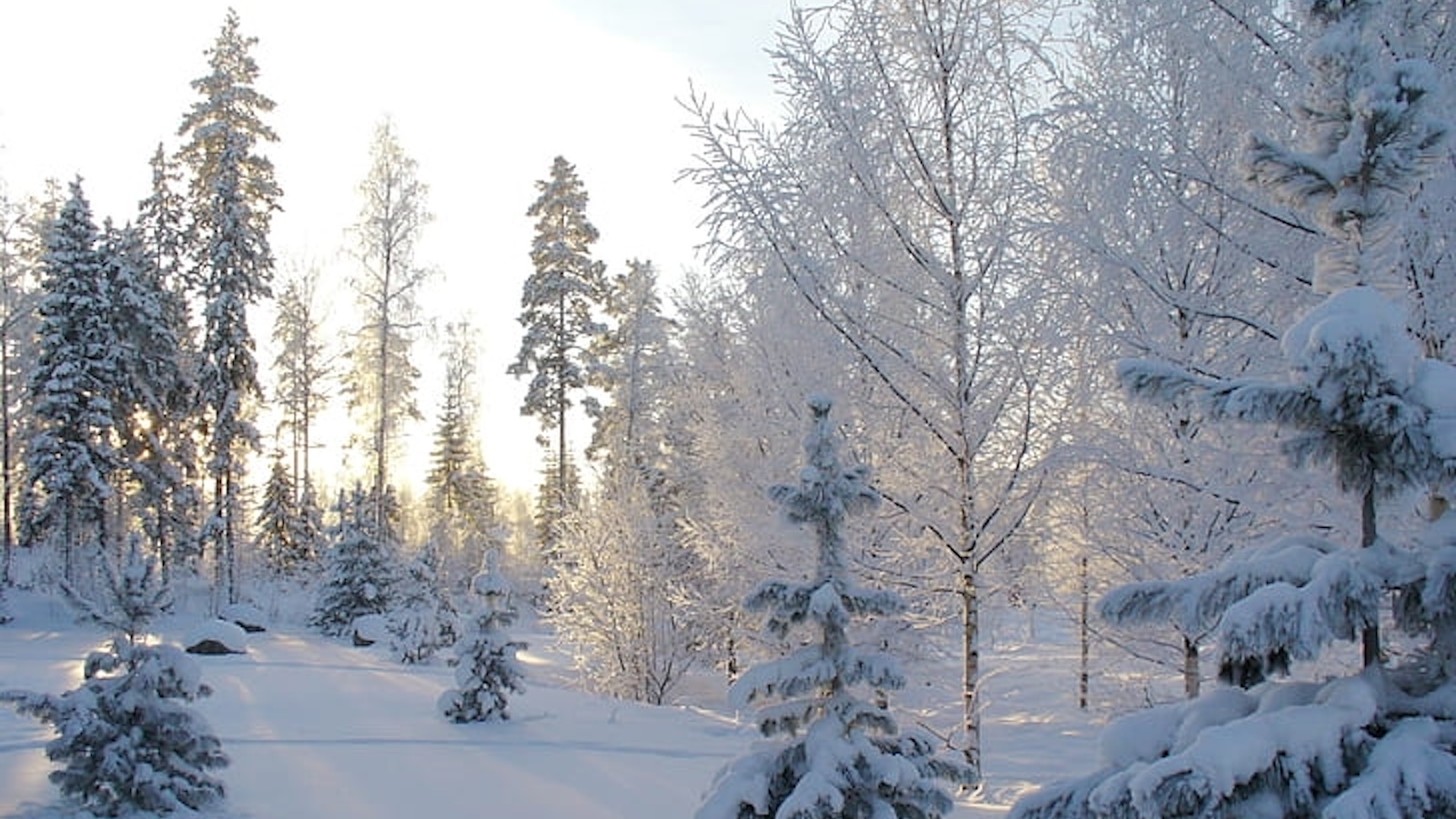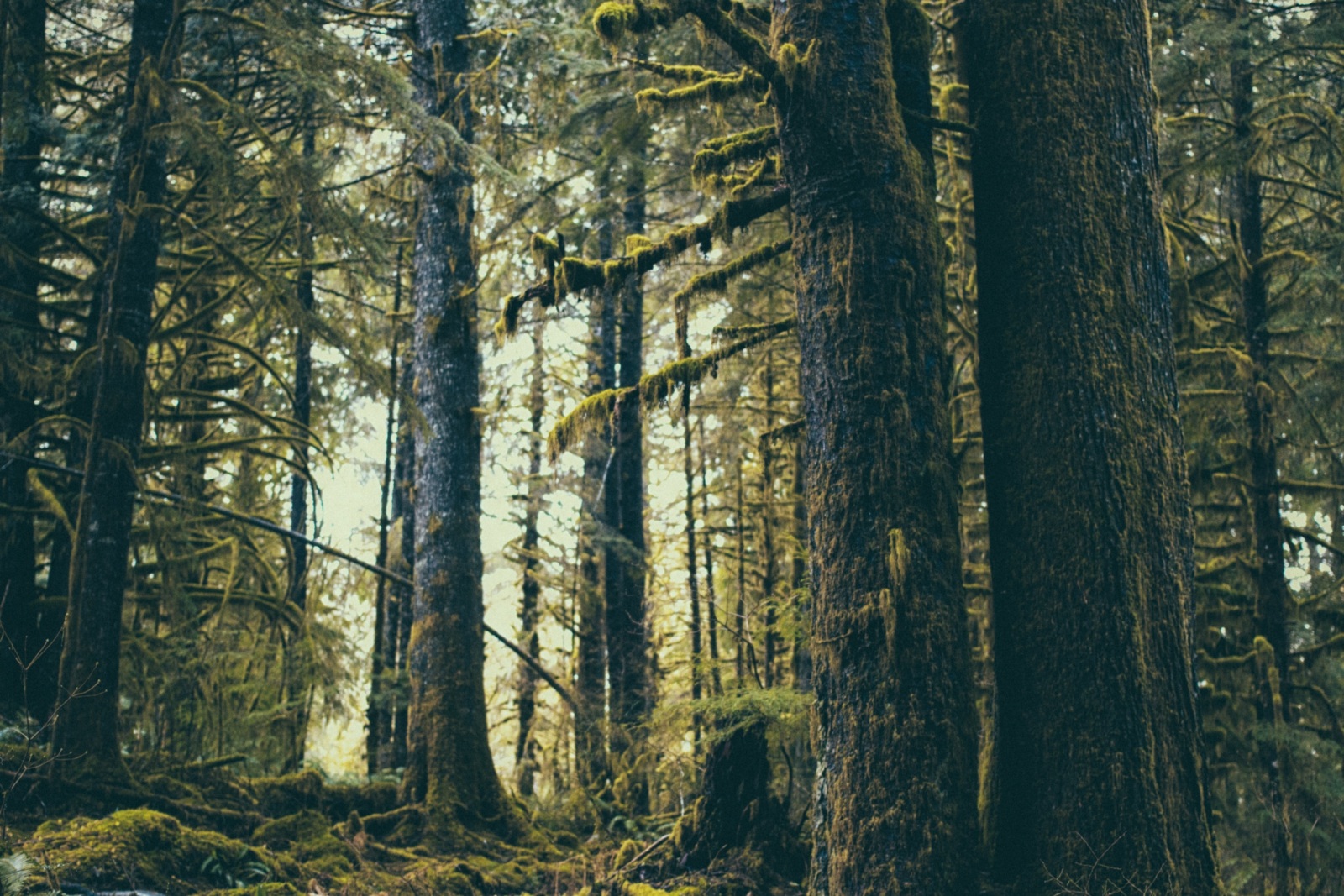
Tropical forests are burning. Again.
More than a decade after local and global activists curbed tropical deforestation in South America, more forests in Brazil and Bolivia are burning again. As the planet heats up, this loss should concern all of us -- and there’s something we can do about it, right here, right now.
Ever wonder what happened with the “Save the Rainforest” campaigns?
They made a difference. Starting in the 1990s, local and global activists, elected officials, businesses and even schoolkids won changes that, with many fits and starts, curbed the pace of tropical forest destruction.
That is, until very recently.
For the first time in nearly a decade, in 2015 deforestation in the Brazilian Amazon rose, to nearly 2 million acres. Destructive activity in the forest, in the words of a New York Times exposé, is “roaring back.”
Picture your local high school’s football field. Now imagine 1,000 of them. That’s how much forest the world is losing every hour.
This loss is tragic for many of the same reasons it was in the ‘90s — foremost among them the staggering blow delivered to wildlife, as deforestation drives out rare and endangered species, ranging from orangutans to jaguars, from the forests they depend on to survive.
Many of these crucial tropical forests and the wildlife they support are being burned down or otherwise destroyed so some of the world’s largest agricultural commodities companies can trade and sell soybeans — for things like animal feed for cows, chickens and pigs. That’s a terrible and tragic trade-off.
What’s more: Now as evidence piles up that global warming is accelerating, we know the stakes are even higher, for people as well as wildlife.
The preservation of tropical forests is a critical component to any sound strategy for slowing global warming and stabilizing our climate. These forests work as the Earth’s lungs, breathing in enormous amounts of carbon dioxide and breathing out oxygen. When we lose these forests, more CO2 stays in the atmosphere; the atmosphere traps more of the Earth’s heat, preventing it from escaping into space; temperatures rise, glaciers melt, seas rise and our climate destabilizes. Scientists estimate that razing forests to make way for crops or cattle accounts for 10 to 15 percent of the pollution that’s warming our planet and changing the climate.
But, you might be ready to point out, the destruction of these forests is happening thousands of miles away, in other countries with their own governments and their own rules. What can we do about it right here, right now?
Glad you asked. We can tell Cargill, one of the largest companies in the world but based right here in the U.S., to end its role in tropical deforestation.
Why Cargill?
Cargill is a big player in the world’s food business, from palm oil to soy to beef and beyond. Unfortunately, deforestation has far too often been a big part of the global food business.
In 2014, Cargill pledged to end deforestation in all of its supply chains. There are just two problems: First, the company quickly appeared to backtrack, sticking with a 2020 deadline for palm oil but shifting to a 2030 deadline for soy. As one forest expert says, “If we were to wait until 2030, there would be no forest left.” Second, deforestation is still on the rise in areas of Brazil and Bolivia where Cargill is a prime operator. In one Brazilian region where Cargill operates, researchers found 321,000 acres of forest had been clearcut between 2011 and 2015 alone.
Think about it: Vast expanses of tropical forest are being burned to the ground so some of the world’s largest agricultural commodities companies can trade and sell soybeans, mostly for animal feed. In today’s world, given what we know, given what’s at stake, that makes absolutely no sense.
To slow down the loss of endangered species and the warming of the planet, we need to save tropical forests. To save tropical forests, we need Cargill to honor its commitment to end deforestation in its supply chain by 2020.
Topics
Authors
Steve Blackledge
Senior Director, Conservation America Campaign, Environment America
Steve directs Environment America’s efforts to protect our public lands and waters and the species that depend on them. He led our successful campaign to win full and permanent funding for our nation’s best conservation and recreation program, the Land and Water Conservation Fund. He previously oversaw U.S. PIRG’s public health campaigns. Steve lives in Sacramento, California, with his family, where he enjoys biking and exploring Northern California.
Find Out More

What can we do to keep the boreal forest from being flushed away?

Five of the biggest wins for wildlife and wild places in 2023

Five things to toast this holiday season


